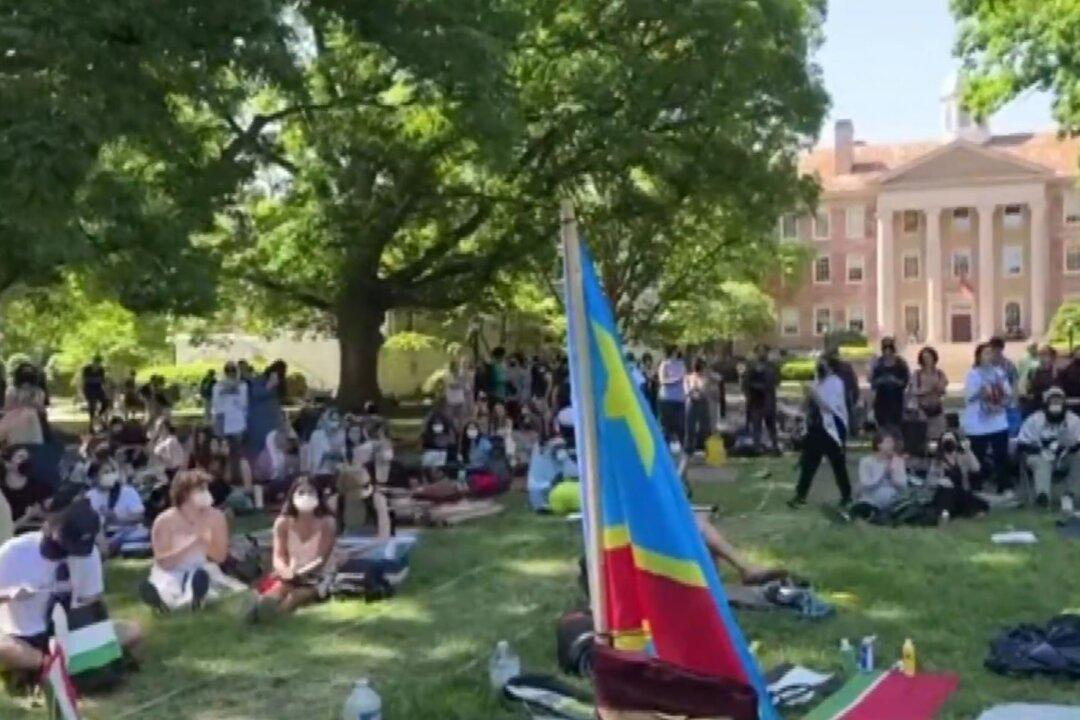A federal judge has dismissed a lawsuit filed by the American Civil Liberties Union (ACLU) of North Carolina challenging the state’s anti-riot law.
The ACLU sued the state after legislators passed an amendment to the Ant-Riot Act last year, increasing the criminal punishment for rioting or inciting a riot. The measure was in response to protests that have turned violent in recent years.





